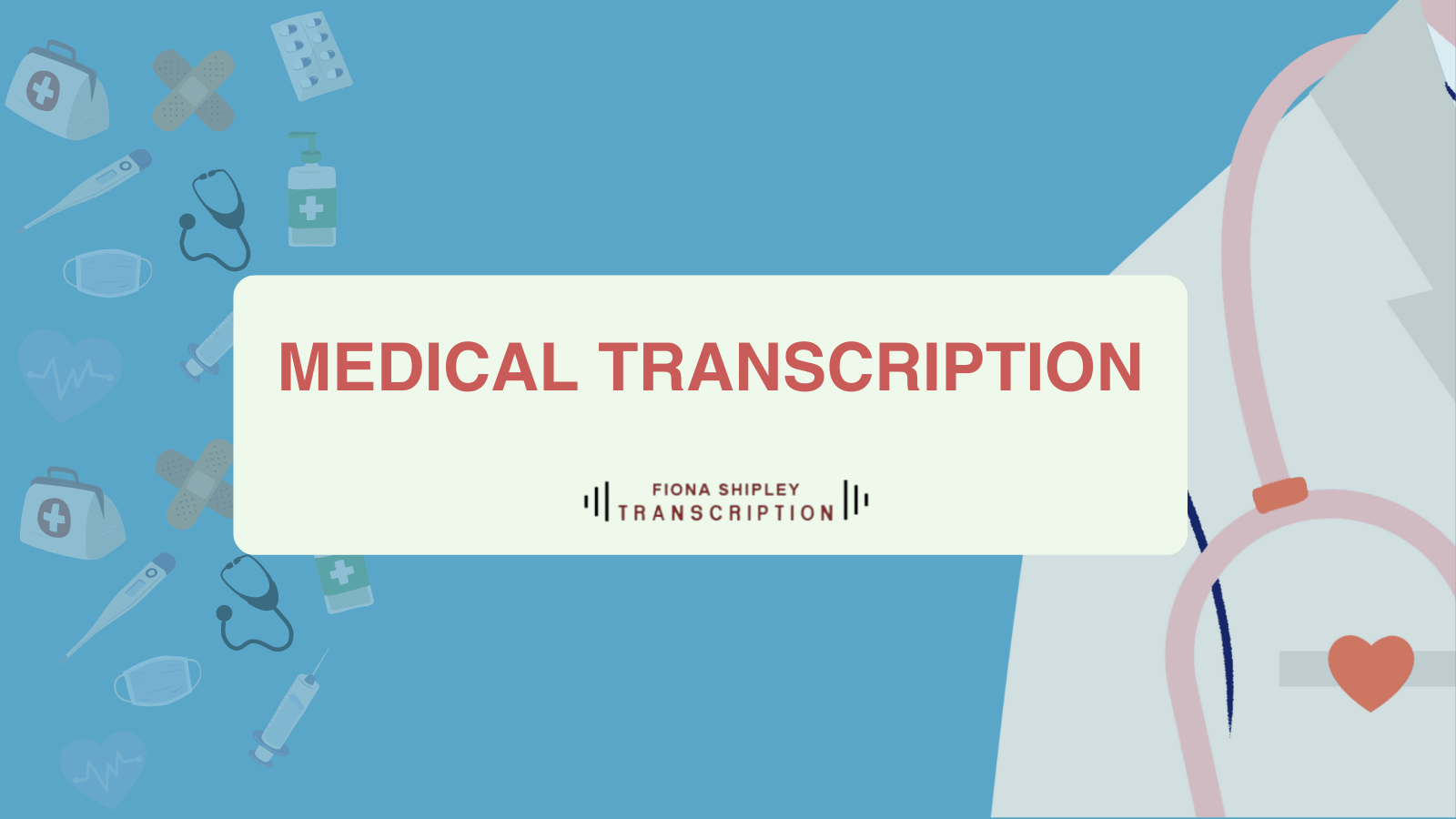We love it when we come across those amusing stories where things go wrong with transcription (think of it as the bloopers for our industry!) and there are some classic ones that we’ve seen within the medical transcription arena.
Here are some of our favourites:
- “Borderline respectable pancreatic cancer”. (this should be resectable – which means it is able to be removed by surgery).
- “The patient was discharged with Homo Two.” (this should be Home O2 – oxygen that the patient will use at home)
- “Eyes and nose continue to be within normal limits” (this should be I & O – which means Intake and output. I&O is the measurement of the fluids that enter the body (intake) and the fluids that leave the body (output). The two measurements should be equal)
- “Patient is alert and oriented, sedated on Propofol”. (this would raise eyebrows, mostly because it would be very difficult for anyone to be alert and oriented while being sedated!)
- “History of sick as hell disease” (this should be sickle cell!)
Aside from this, even some of the medical terms themselves can sound very similar but mean completely different things – and if someone transcribing a medical practitioner’s words isn’t an industry specialist then there is a risk that they may not be aware of specific medical terms and what they mean. This could result in misinterpretation.
We can think of 3 specific examples where words sound very similar but have very different meanings:
- hypertension and hypotension
- colostrum and claustrum
- dysphasia and dysphagia
Why does this happen?
There are a few reasons why things sometimes go wrong in the process of transcribing from spoken to written word:
- Recording quality: this is a very common one. Where the sound quality is poor it’s much more difficult to hear exactly what’s being said
- Lack of knowledge: when the transcriber isn’t an expert in the sector they simply won’t have the necessary vocabulary to draw upon
- When using AI for transcription – AI is often unfamiliar with medical terminology & will either guess the word or just miss out the medical term altogether!
Why is accuracy in medical transcription important?
On a superficial level, bloopers are amusing. But the problem arises when the consequences of getting something wrong have the potential to have serious consequences. It can be a matter of life and death.
Relying on guesswork just isn’t an option for medical transcribers. Anyone choosing to work in this field must have a particular awareness of what medical terms mean to avoid any possible issues.
FSTL has the expertise you need!
The service we provide for the medical sector delivers excellence at every level.
Our experience demonstrates a detailed understanding of the medical environment and terminology, gained from experience working with the NHS, multi-national pharmaceuticals and private practitioners for decades. We are also well practiced in providing transcripts for medical writers and healthcare PR agencies.
One thing that is a certainty is having a good quality recording helps produce an accurate transcript, and sometimes recording on more basic equipment can cause problems. In addition to our transcription service, should you need help with recording your meeting or interview we have the professional resources available to do so.
Know your medical transcription is in safe hands with Fiona Shipley. Call us on 01737 852 225 or email alex@fionashipley.com.

